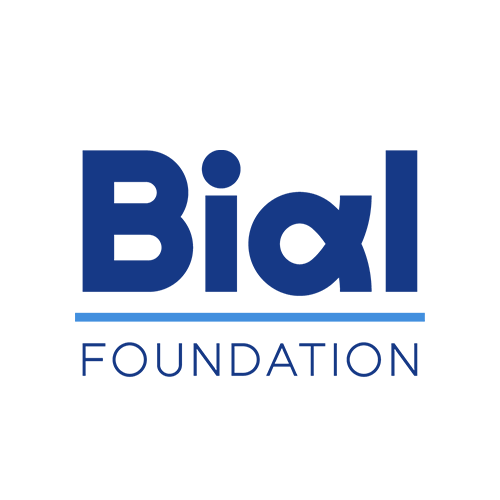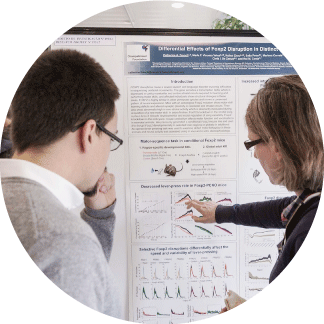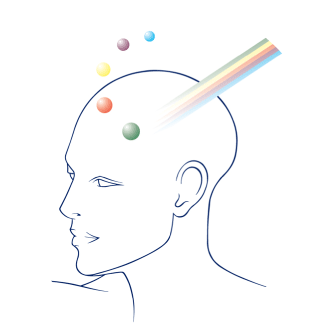News
Top Stories

Academic studies on claimed past-life memories
Did you know that most studies on claimed past-life memories were carried out mainly in Asian countries?

Empathy in couples
Understanding the adaptative functioning of couples is something crucial considering the harmful consequences of situations of domestic violence.

Choosing the usual or taking a chance?
We always choose the same route back home, but one day, alerted about traffic restrictions, we decide to risk an alternative route. What drives us to make this decision?
News
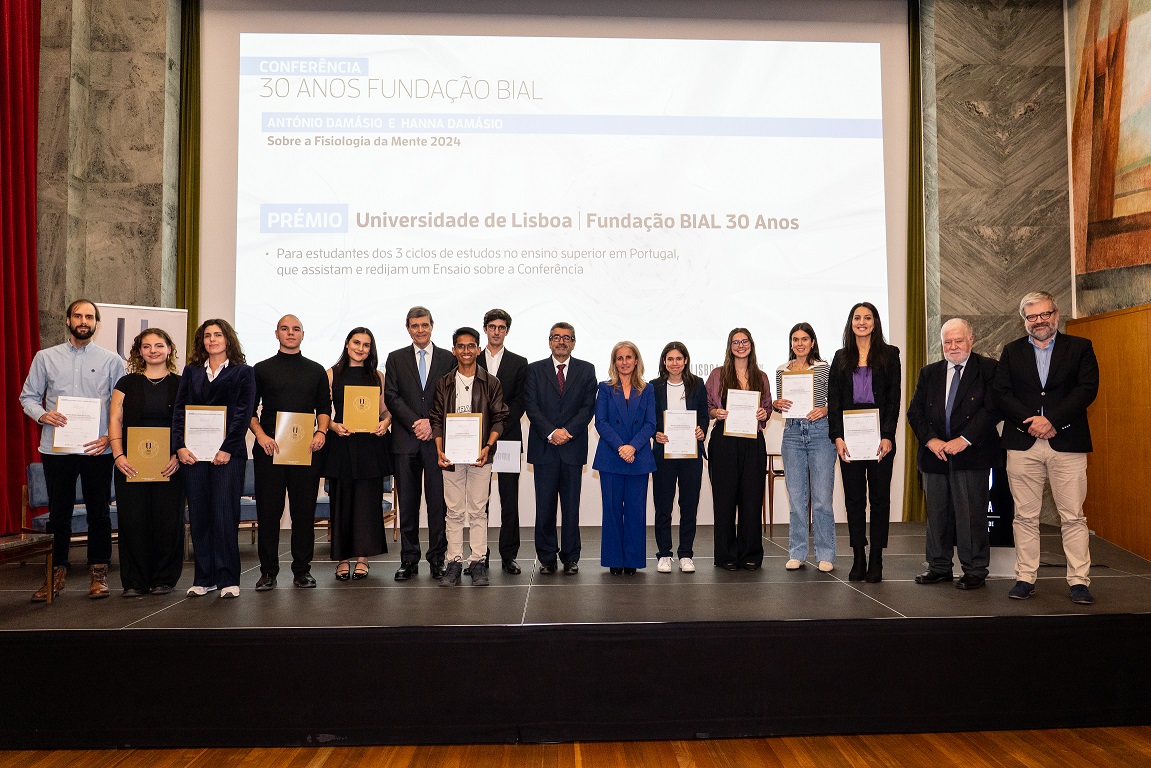
Award Universidade de Lisboa|Fundação BIAL 30 Years honours Medicine, Psychology and Philosophy students
Academic competition in António Damásio and Hanna Damásio lecture aims to stimulate students' capacity for reflection, interpretation, and critical analysis.
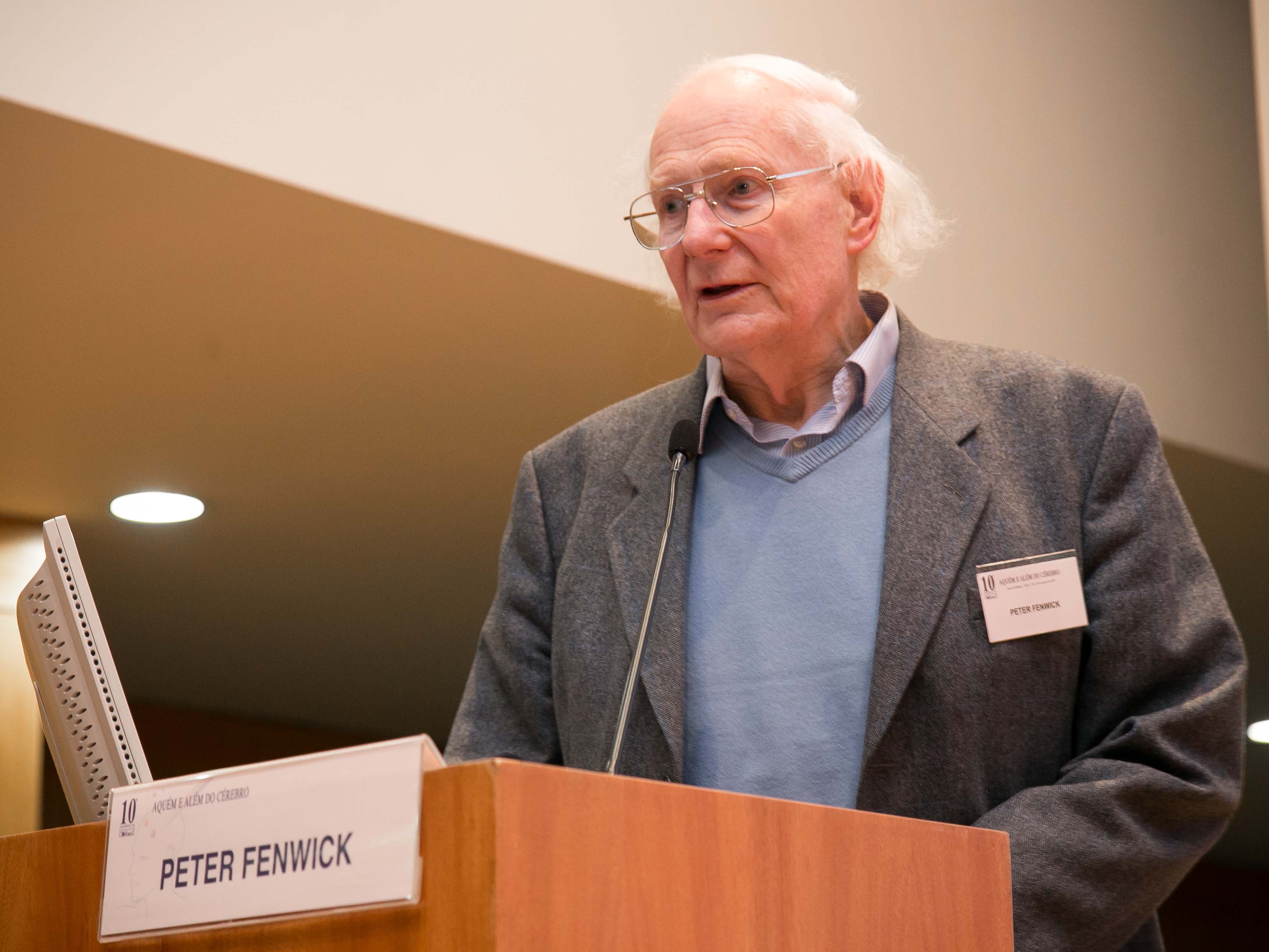
Prof. Peter Fenwick
The BIAL Foundation expresses profound sorrow on the passing of Prof Peter Fenwick, a unique figure in parapsychology worldwide, broadly awarded for his work on the process of death, including consciousness and near-death experiences.
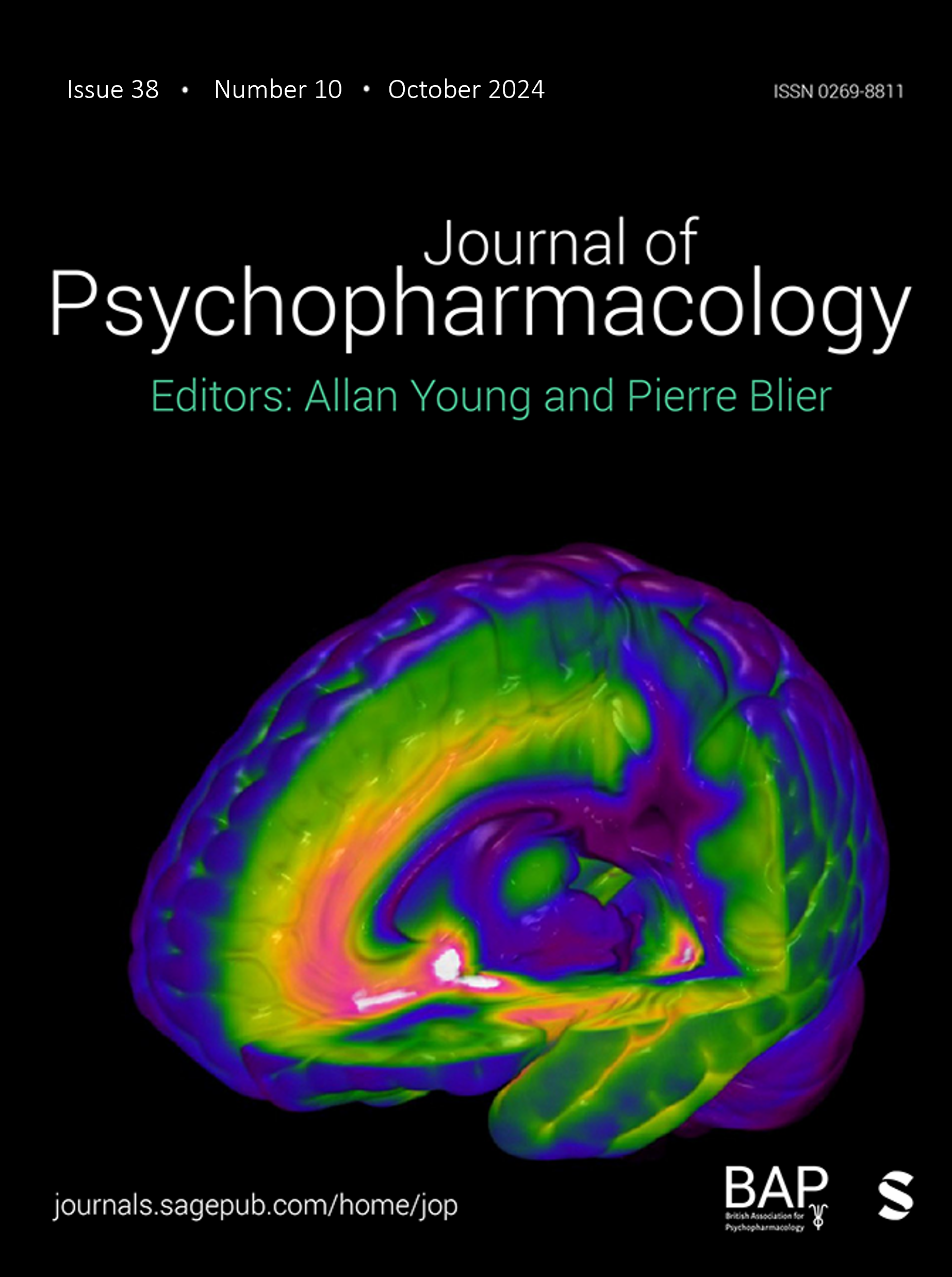
Can psychedelics enhance meditative training?
While the therapeutic evidence for meditation and psychedelics has been established as standalone interventions, recent research has started to point potential synergies in combining them. The research team led by Milan Scheidegger conducted a randomized placebo-controlled study aiming to test whether N,N-dimethyltryptamine (DMT), an active ingredient of ayahuasca, and harmine (DMT-harmine) combined with meditation increases (1) mindfulness, (2) compassion, (3) insight, and (4) mystical-type transcendence to a larger degree than meditation with a placebo during a 3-day mindfulness retreat. Findings showed that mindfulness and compassion were not significantly different in the DMT-harmine group compared to placebo. However, the DMT-harmine group self-attributed greater levels of mystical-type experiences, non-dual awareness, and emotional breakthrough during the acute substance effects compared to meditation with a placebo. It seems that DMT-harmine may support meditation and meditation-related well-being through eliciting experiences of insight, transcendence, and meaning rather than through mindfulness or compassion. This study was supported by the BIAL Foundation, in the scope of the research project 333/20 - Mindfulness and psychedelics: A neurophenomenological approach to the characterization of acute and sustained response to DMT in experienced meditators, and published in the Journal of Psychopharmacology, in the article Meditating on psychedelics. A randomized placebo-controlled study of DMT and harmine in a mindfulness retreat.


